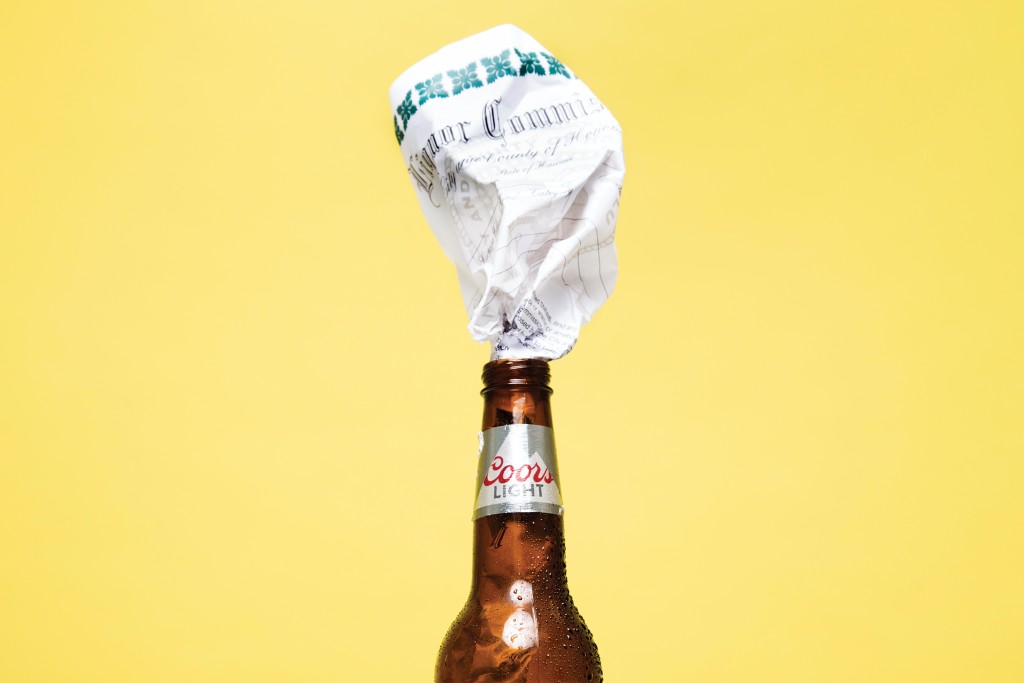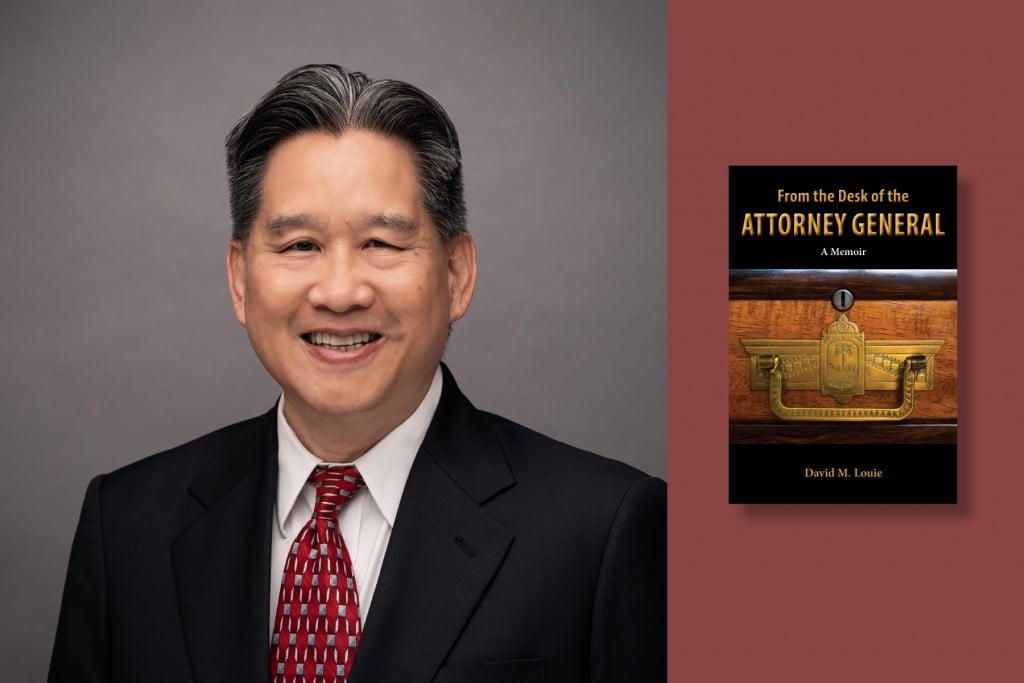Paperwork Clogged Up Local Liquor Sales

But a simple form helped resolve the problem and got drinks flowing again.
A chronic bottleneck at local IRS offices forced as many as two dozen small bars, restaurants and storefronts in Hawaii to temporarily halt liquor sales each summer, costing them many thousands of dollars in lost income.
The solution seems to be surprisingly simple: a single-page form filed with the Office of the National Ombudsman.
“We had the problem solved in under 40 working days. That was record time,” says small business consultant Reg Baker, who worked on the form with Anna C. Hirai, assistant administrator at the Honolulu Liquor Commission. Baker says the case is an ideal example of how well the government system can sometimes work for change.
Each of the four counties in Hawaii has a liquor commission, which combined oversee more than 2,500 liquor licenses for bars and restaurants statewide. Liquor licenses last from July 1 to June 30 and renewals take place during the last quarter, predominantly in June. Hirai and Baker believe that Hawaii is the only state to require federal tax clearance before liquor license renewal and therein lies the source of much frustration.
Historically, a meeting between an IRS agent and business owner or representative was necessary for businesses unqualified for preclearance or with issues preventing tax clearance. Hirai says IRS budget constraints over the past three or four years reduced the federal tax agency’s resources, forming a bottleneck for liquor licensees. Up to 1 percent of Oahu licensees would not make it through the process on time and would have to temporarily stop liquor sales, she says. Similar problems happened on the Neighbor Islands.
“As a [small business] owner you are busy and sometimes things slip through the cracks and it’s just such a process to renew your license,” explained Jesse Aguinaldo of Mahaloha Burger in Kailua. While opening a new location his team fell behind on the renewal process. Describing what sounded like a disconnect between agencies, he went from office to office and hearing to hearing seeking a renewal extension while working through the complications of federal clearance.
“Ultimately I was without a license for several weeks. Customers were disappointed, some went elsewhere, the draft liquor lines needed to be flushed losing pour cost and a loss in sales.”
Aguinaldo did have an idea for how the process could be improved “Letting us know up front what [info] we will need to renew is necessary. More info in the renewal letter would help.”
“It was distressful for licensees facing a break in service,” Hirai says. “They were communicating these problems to their respective commissions to see if there was anything that could be done to help. 2016 and 2017 saw a dramatic spike in difficulty with renewals.”
Smaller businesses struggled the most, Baker says. “The bigger the company, the more resources they possess to have somebody on top of it. The small businesses didn’t have the resources to stay on top of this or hire somebody to stay on top of it,” says Baker, who serves on the federal Small Business Administration’s National Board of Directors for Regulatory Fairness and chairs Region IX.
After attending a June 2017 meeting of the Honolulu Liquor Commission, Baker suggested that Hirai file a Federal Agency Comment form with the Office of the National Ombudsman. The straightforward form is available through the SBA website (see box). “Until that point I was unaware that was a resource available to a small business. I guess a lot of us feel that when it’s the feds, we have little recourse,” Hirai says.
The form was filed on July 25. On Aug. 21, representatives of the four liquor commissions met with IRS officials. By Sept. 7, the IRS issued a document outlining solutions for the problems.
From now on, the IRS will use an online system known as Hawaii Compliance Express, which lets vendors and contractors demonstrate their compliance with applicable laws when working with government agencies. After some adjustments, “HCE will allow applicants to indicate they are requesting tax clearance for a liquor license,” according to Jing Xu from the Hawaii Information Consortium, which operates the online system. “Based on this selection, the IRS will be able to verify taxpayer information and issue a ‘Compliant’ ’’ status,” which will clear the way for a liquor license.
The comment form that Hirai used is “available to any business owner or operator,” Baker says. “Bottom line is I hope this example will inspire people to bring up the issues which are causing them challenges in running their business. Get people engaged and we can work together to chip away at some of those issues and make things better.”
Regulatory Problems?
Do you have regulatory issues that burden your business? Here are three resources:
1. The federal form that Anna C. Hirai filed with the National Office of the Ombudsman to help solve the problem can be found at: sba.gov/ombudsman/comments. It is estimated to take 45 minutes to complete.
2. The state has a similar form. The Small Business Regulatory Review Board regulation review card can be found at: dbedt.hawaii.gov/sbrrb/regulation-review-card/.
3. Reg Baker wants to help businesses solve their regulatory problems. You can reach him at reg@regbaker.com. He serves on the Hawaii Small Business Regulatory Review Board and on the federal SBA’s National Board of Directors for Regulatory Fairness, and chairs Region IX. He also writes regularly for Hawaii Business.






